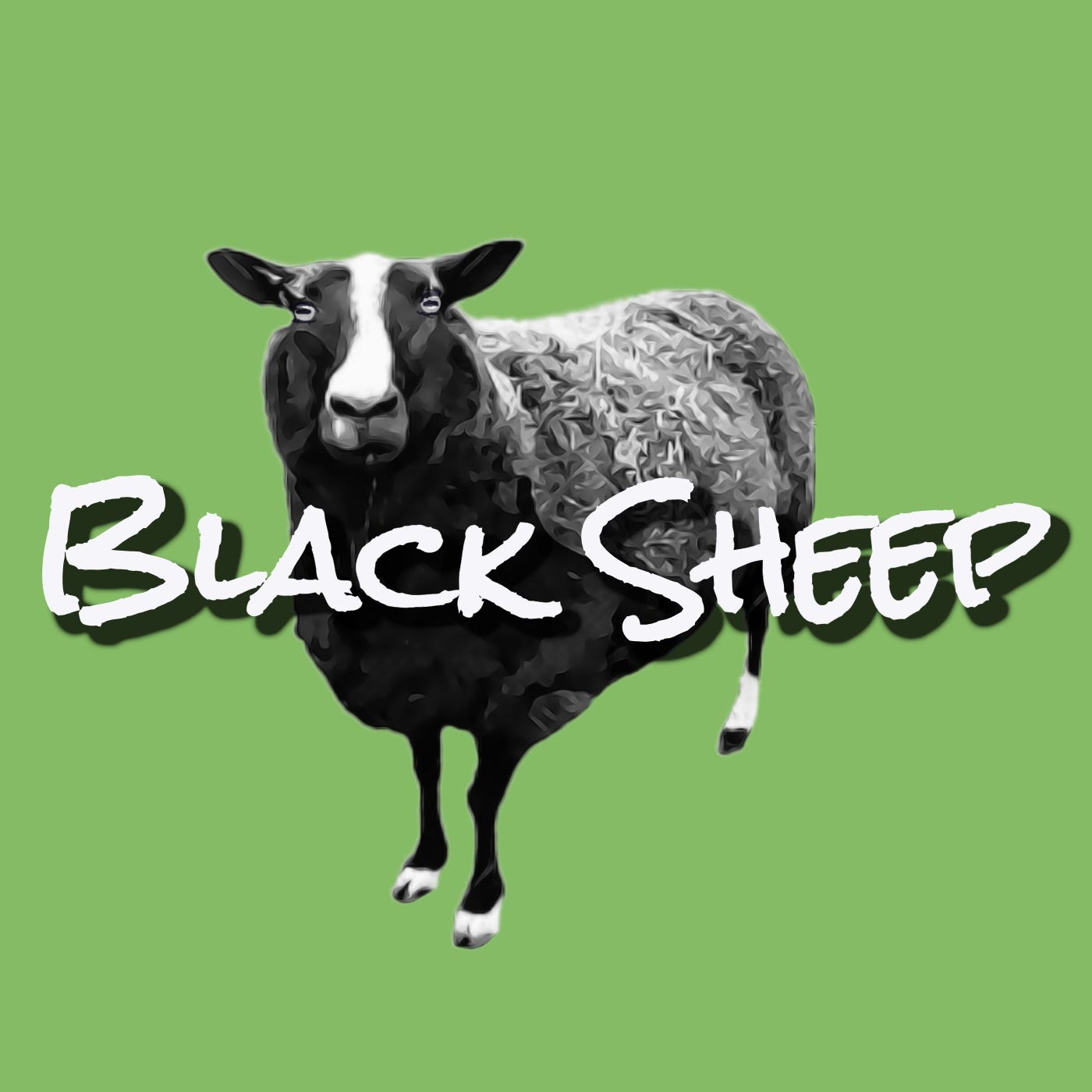Welcome to Black Sheep! This topical, weekly newsletter is a spin-off of SMIRK and will soon begin appearing in your inbox. (If you’re subscribed to SMIRK, you are automatically signed up for Black Sheep – but you can unsubscribe if you wish.) Black Sheep highlights topics, themes, and personalities in the realm of unusual or high-profile fraud, business failure, bankruptcy, and financial crime.
SMIRK, as you know, was a memoir chronicling my relationship with chaotic business villain Martin Shkreli, AKA the “Pharma Bro.” As a side effect of the unusual situation – I was a reporter who broke the story of his arrest on securities fraud charges and then became his confidante – I developed a much deeper understanding of the psychology behind corporate crime than I would have from a purely journalistic perspective.
Greed, the motive often cited by prosecutors and most of the press, is rarely the dominant factor. Rather, many high-profile fraudsters and catalysts of business disasters are driven by outsize ambition, overconfidence, feeling like an “outsider,” and desperation to prove their worth. I sought to capture those facets of Martin, a person popularly labeled a “poster child for greed,” in SMIRK to explain how his missteps came about.
Now that the body of the SMIRK manuscript is complete, Black Sheep will carry on by taking a nuanced look at the other corporate scoundrels in our midst, particularly those who are magnets for controversy within their industries or on a broader scale.
People like crypto Ponzi schemer Sam Bankman-Fried, disgraced Theranos founder Elizabeth Holmes, social media influencers who turn to fraud, and myriad other architects of creative “fake it ‘til you make it” scams and schemes are all types who might appear in Black Sheep.
Why am I calling it Black Sheep? Because black sheep have long symbolized everything these types of characters represent to us. For centuries, recessive genes that prevailed from time to time in flocks of sheep were seen as the mark of the Devil. The term “black sheep” came to be a synonym for “rebel,” “sinner,” and “outcast.”
Curiously, though, black sheep are not always considered all bad. Occasionally, both animal and human versions of “black sheep” win supporters who admire their irascible and contrarian ways.
Case in point: While black wool was once unsellable – partly because it wasn’t easy to dye, and partly for superstitious reasons – today it is sought after by high-end fashion labels looking for “natural,” un-chemically altered materials. Similarly, black sheep in the business world may wreak havoc in the present, but they often bear the potential for reinventing their industries and creating positive impacts.
At the very least, their stories are fascinating and instructive – even if only by showing us what not to do and what can happen when good intentions go awry. As the entrepreneur Malcolm Forbes said: “Failure is a success if we learn from it.”
I hope you enjoy Black Sheep! And stay tuned for future updates on SMIRK!
Sincerely,
Christie Smythe
P.S. Black sheep currently lives as a “section” on the main website of SMIRK, www.smirk-book.com. You will see it linked at the top of the main page.

